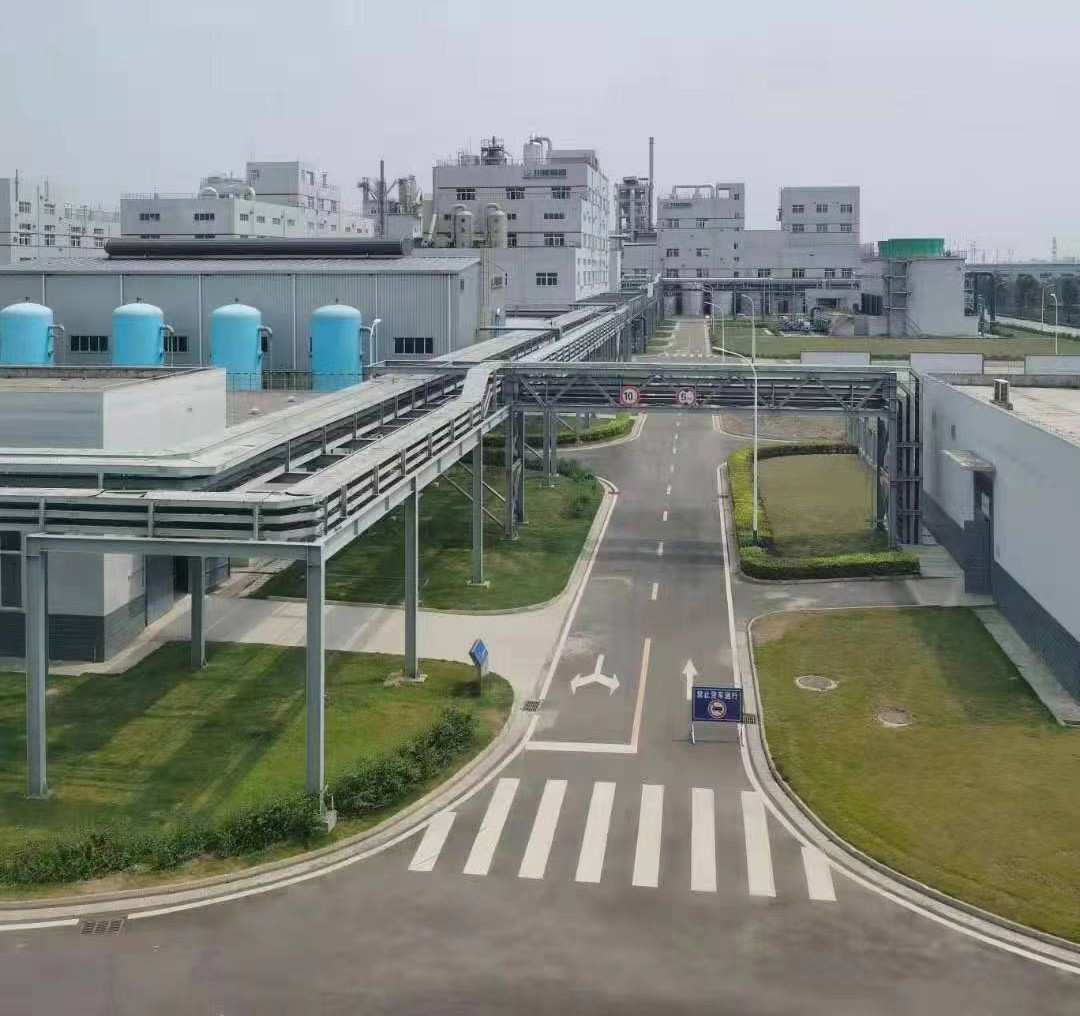Solid state batteries will only be mass-produced after 2030 and can only accommodate 10000 vehicles
Nov,24,23
Toyota: Solid state batteries will only be mass-produced after 2030 and can only accommodate 10000 vehicles
Toyota's solid-state batteries are basically when everyone is about to forget about them, and suddenly big news comes out, saying that commercialization can be achieved in 2027. Don't forget, Toyota will rely on them to rectify the electric vehicle market.
However, according to the latest report by Yahoo News, citing Toyota's official media "Toyota Times", Toyota may not be able to achieve large-scale production by 2027. The initial production capacity of solid-state batteries is very limited, and they do not constitute a decisive battle force, and their impact on the market will not be too strong.
Earlier this month, the Toyota Times reported that on October 12th, Toyota announced a partnership with Japanese petrochemical company Chuguang Xingchan to jointly manufacture solid-state batteries.
The report states that the two companies will seek to develop large-scale production technologies for solid electrolytes to improve productivity and establish supply chains. Toyota plans to launch pure electric vehicles from 2027 to 2028 and commercialize this technology.
The main drawback of solid-state batteries is their durability, according to reports. The continuous expansion and contraction cycles during the charging and discharging process may lead to cracks between the solid electrolyte and the cathode/anode, thereby reducing battery performance.
Since 2013, Yuguang Xingsan has been cooperating with Toyota to try to solve this problem. Yuguang's advantage lies in its technical ability to produce materials with high water resistance, ion conductivity, and flexibility. After ten years of unremitting efforts, achievements have indeed been made: the two companies have combined their respective technologies to develop a flexible, high viscosity, and crack resistant solid electrolyte material.
Compared with current lithium iron phosphate or ternary batteries, solid-state batteries can provide higher energy density, reduce weight and improve performance, while also having shorter charging time and lower risk of ignition. So the question arises, when can we integrate such a powerful battery into the car?
According to reports, Toyota's production plan for solid-state batteries is to jointly build a large solid electrolyte pilot factory with Chuguang, which will start production in 2027 and is expected to have an annual production capacity of "several hundred tons".
Then, the key is here! Toyota stated that it is expected to achieve "mass production" after 2030, and this scale of "mass production" will only increase production capacity to "several thousand tons"
The production capacity of thousands of tons of electrolyte is not significant, and Toyota has also provided an approximate loading capacity of over ten thousand electric vehicles. The industry believes that these solid-state batteries will be given priority in providing power for the new generation of technology demonstration models. The confirmed model is the Lexus Electrified Sport Concept, with a range of approximately 700 kilometers and is expected to increase to over 1400 kilometers.
Although prioritizing the configuration of new technologies on high priced vehicles is a routine operation, even Toyota's own exposed productivity indicates that the true popularization of solid-state batteries in new energy vehicles will not be achieved in a short period of time






